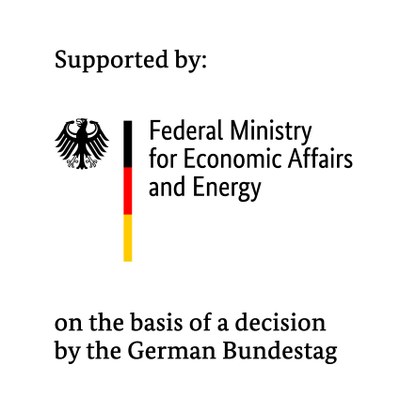Energy Systems Analysis
The Energy Systems Analysis department generates system-analytical knowledge, which we provide across sectors up to the global level and based in part on methods and modelling tools developed in-house.
Monitoring of Resilience for the Digitalisation of the Energy Transition

BMWE
In the course of the energy transition, large parts of our energy system will be digitalised, fundamentally changing many of its characteristics. Although digitalised systems can be made more resilient, greater vulnerabilities can also arise. Against this backdrop, the ReMoDigital project (funded by the Federal Ministry for Economic Affairs and Energy) aims to develop a concept for the resilient design of the digital energy transition from a systems analysis perspective. The project focuses on the development of this system-analytical toolkit and the concept of its social embedding.
Research project ReMoDigital | |
|---|---|
Duration | September 2020 to June 2024 |
Funded ya | Federal Ministry for Economic Affairs and Energy |
Projektbeteiligte |
|
One focus of the research work is on the further development and application of models of the energy and transport system for the system-analytical evaluation of the resilience of energy systems. The aim is to generate insights into the extent to which various stress cases (e.g. technical disruptions, extreme weather conditions) affect the systems under consideration, particularly with regard to the digitalisation of the energy transition, and how these systems can recover from the disruptions.
The researchers at the Institute of Networked Energy Systems want to use these findings to provide important orientation knowledge for the further development of the energy transition and, in particular, flexible sector coupling. The aim is to contribute to the realisation of a sustainable, secure and cost-effective transformation of the energy and transport system. A key contribution is the modelling and application of innovative methods for assessing the resilience of stationary energy systems. Specifically, the spatially resolved REMix model, which is primarily designed for the analysis of national and continental energy systems, is to be adapted in such a way that the effects of unforeseen events on the energy system can be systematically analysed. Based on this, various stress cases will be analysed.
